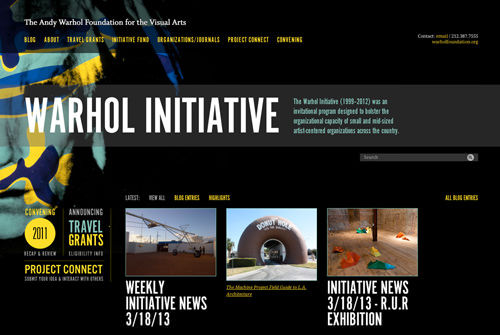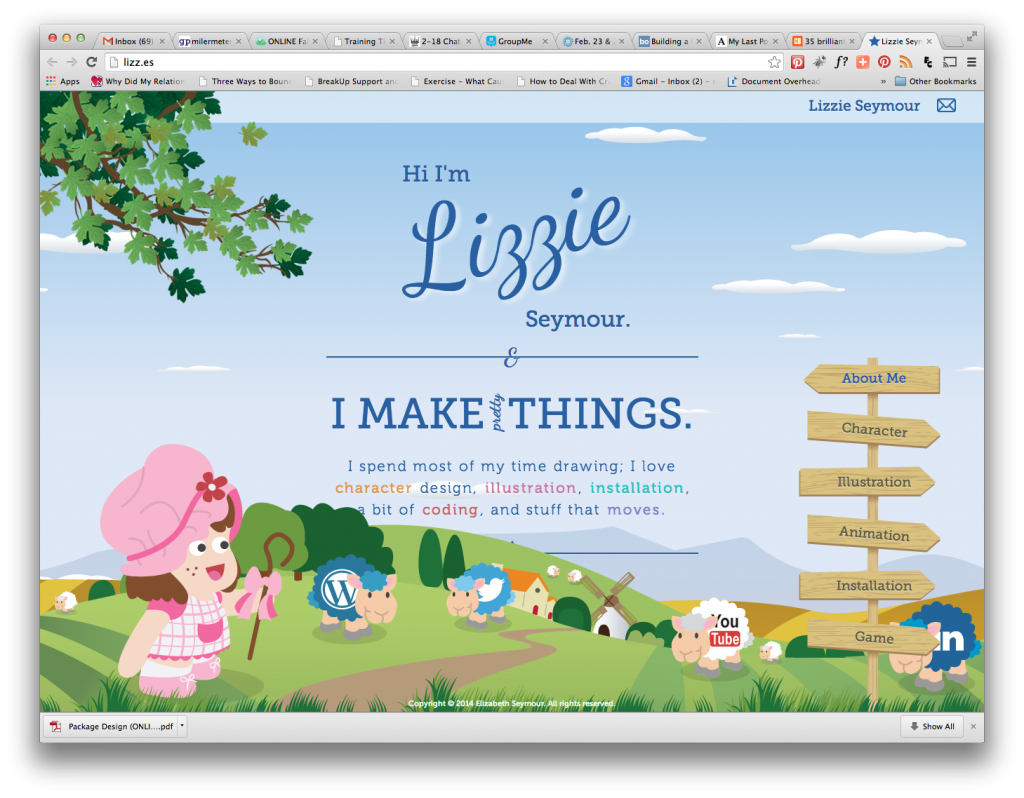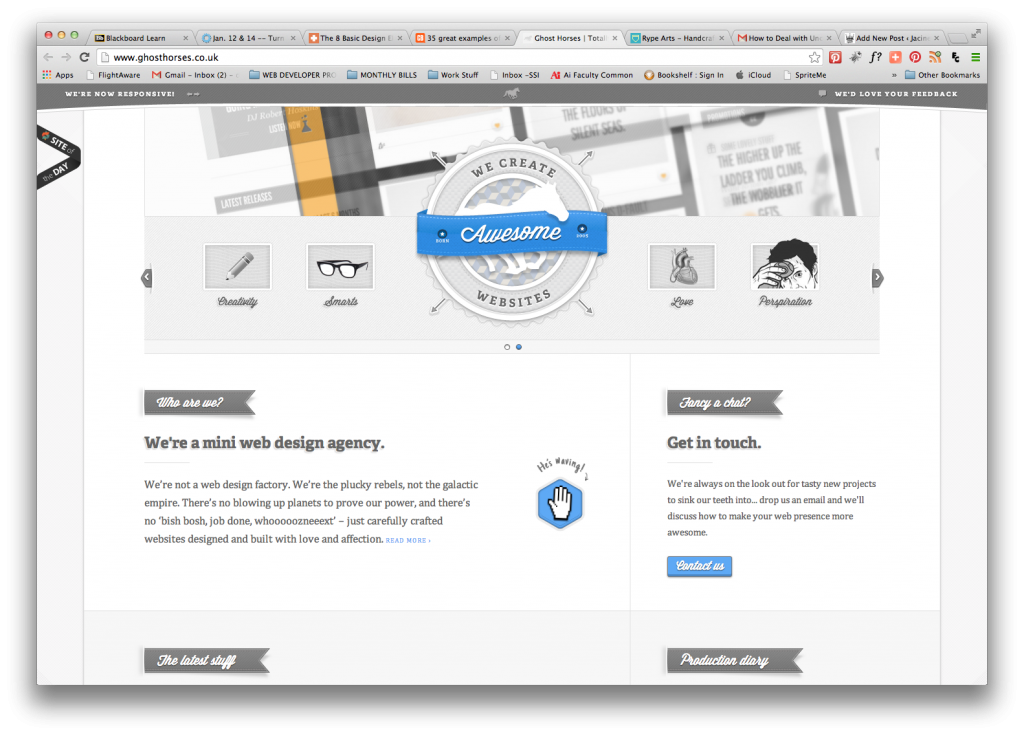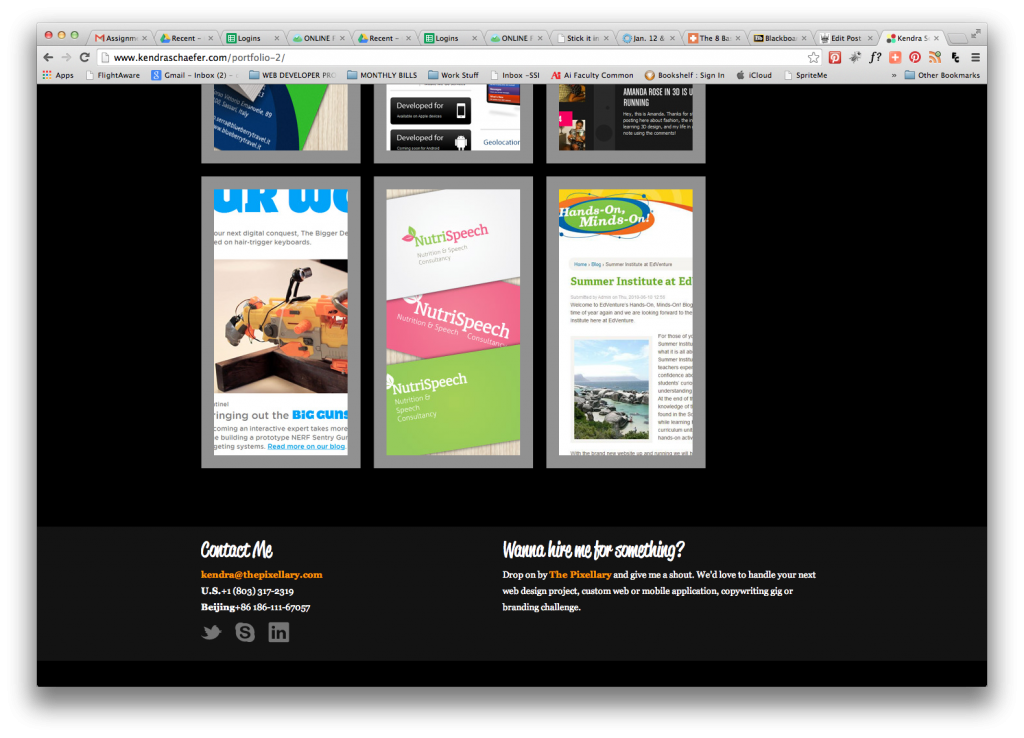What are some interesting points from the first article that intrigue you?
“Hackathons”… “coding” for a better world is a great idea. When you help others by giving back through time and talent, you help make the world a better place. A good deed has it’s own rewards.
Failing forward—try, fail, learn something and move forward. This is great advice not just as professionals but also as a general rule for living.
The second article details a technique used in many developer environments. What do you think are the benefits of such a technique? Stand-up meetings are an interesting concept. I agree that the act of standing up can promote shorter meetings just because no one wants to stand for two hours. I wish the article would have been written in the same spirit of brevity.
How do you think we might implement this technique in our online class? I think the online chats are somewhat like a standup meeting. It’s usually one or two topics and our time is 15 minutes.
How do you feel about having more team projects in the online class? Group projects are great but their success or failure really depends on the group. As with anything, some groups have a great dynamic, work well together and are able to get the job done. Others, not so much. I enjoyed the team collaboration. I learned a lot from the experience mostly about the areas I was lacking. If you were to add more group projects, the scope of the projects should probably be smaller than for example the ecommerce site my group worked on.
Do you think as a brand new beginning student that it might be helpful to work on a team to get a site completed? Why or why not? I think a new student might feel a bit overwhelmed, lost and ultimately frustrated. Perhaps after getting a basic understanding of HTML and CSS then maybe a group site might be feasible. Otherwise it might be the blind leading the blind.
If you got to go to Pixlfest, what did you learn that I didn’t touch on in my post? Unfortunately, I did not get the opportunity to go.





